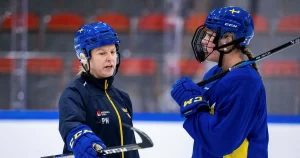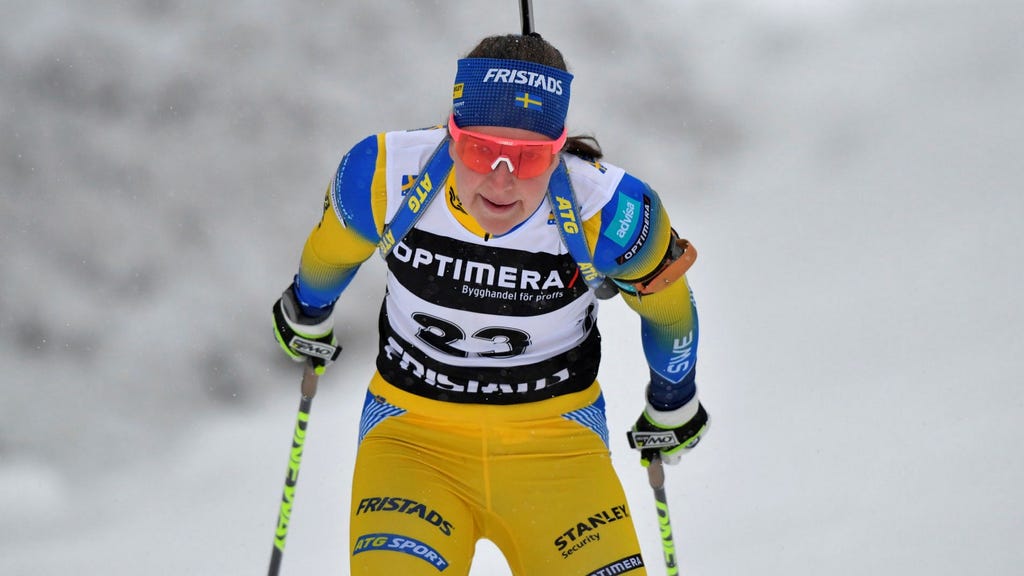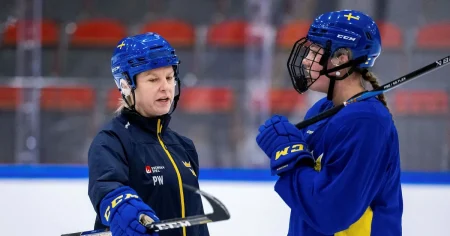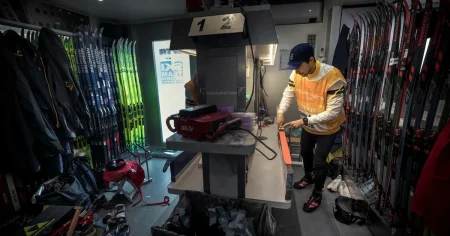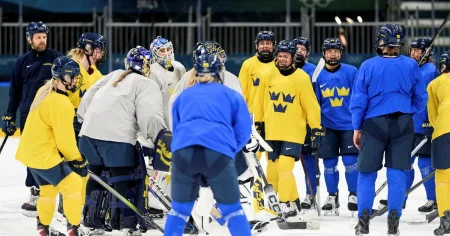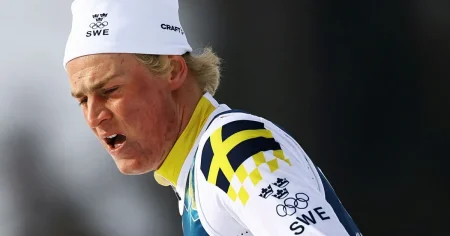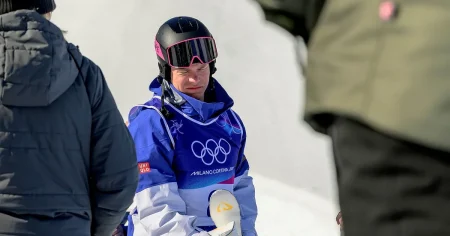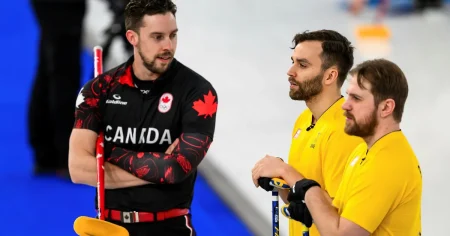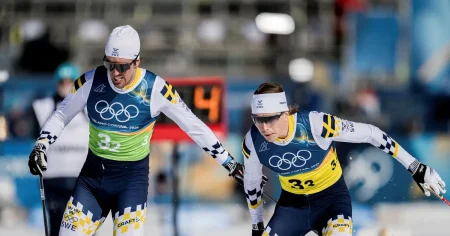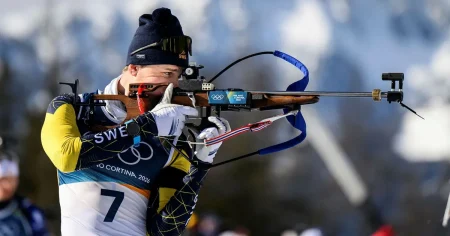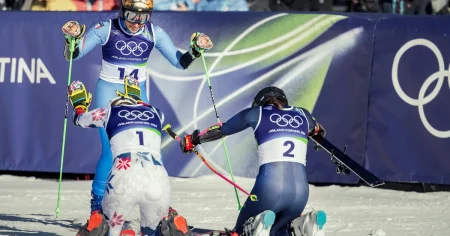Johanna Skottheim’s resurgence to competitive biathlon is a remarkable story of perseverance and self-belief. Five years prior, she achieved a surprising fourth-place finish in a World Cup pursuit race in Ruhpolding, Germany. However, instead of propelling her to greater heights, the following seasons were marked by a period of intense struggle that she described as ”a living hell.” Skottheim pushed herself to the point of breakdown, ignoring her body’s warning signs until her physical and mental health deteriorated drastically. Reaching her lowest point, she made the crucial decision to fight back, embarking on a challenging journey of recovery. Her fifth-place finish in the 15-kilometer individual race, achieved with flawless shooting, is a testament to her unwavering determination and resilience. Skottheim’s story is not just about athletic achievement; it’s a powerful narrative of overcoming adversity and finding strength in vulnerability. Her pride stems not from the result itself, but from the arduous journey she undertook to reclaim her place in the sport.
The race itself saw a dominant performance from French biathlete Lou Jeanmonnot, who secured a convincing victory with perfect shooting. Jeanmonnot, currently second in the overall World Cup standings, finished over 36 seconds ahead of the current leader, Franziska Preuss of Germany. Switzerland’s Amy Baserga rounded out the podium in third place. This win solidifies Jeanmonnot’s position as a strong contender for the overall World Cup title and underscores her exceptional form this season. The challenging 15-kilometer distance, coupled with the pressure of maintaining shooting accuracy, tested the athletes’ physical and mental fortitude. Jeanmonnot’s ability to deliver a flawless performance under these conditions speaks volumes about her skill and composure.
Elvira Öberg, entering the race in third place overall, faced a setback with two missed shots, ultimately finishing seventh, over a minute and thirty seconds behind Jeanmonnot. While disappointed with the missed targets, Öberg acknowledged the stability of her overall performance, particularly her second-fastest skiing time. She reflected that had she hit all 20 targets, a second-place finish would have been within her grasp. This highlights the fine margins that separate success and near-misses in biathlon, a sport where both skiing speed and shooting accuracy are paramount. Despite the result not aligning with her pre-race ambitions, Öberg recognized the positives in her performance and maintains a focus on continuous improvement.
Swedish biathlon demonstrated overall strength in the race with three athletes finishing in the top ten. Ella Halvarsson secured a commendable ninth place with a single penalty, while Hanna Öberg, despite two missed shots, finished tenth. This demonstrates the depth of talent within the Swedish team and their ability to compete at the highest level. While Elvira Öberg may have been the highest-ranked Swede entering the race, the performances of Halvarsson and Hanna Öberg showcase the collective strength of the Swedish biathlon program. These results contribute valuable World Cup points and underline the consistent competitiveness of the Swedish team.
The remaining Swedish athletes faced greater challenges on the course. Anna Magnusson finished 30th with three penalties, while Anna-Karin Heijdenberg placed 53rd, accumulating four penalties. In biathlon, missed shots translate directly into penalty loops or added time, significantly impacting the final results. For Magnusson and Heijdenberg, the shooting range proved to be a hurdle, hindering their ability to climb higher in the rankings. This underscores the critical importance of shooting accuracy in biathlon and how even strong skiers can be set back by struggles on the shooting range.
The race in Ruhpolding provided a compelling mix of individual triumphs and challenges. Johanna Skottheim’s story of resilience resonated deeply, while Lou Jeanmonnot’s commanding victory underscored her status as a leading contender for the World Cup title. Elvira Öberg, despite the setbacks, demonstrated her consistent strength, while other Swedish athletes showcased the depth of talent within their team. The varying outcomes highlight the multifaceted nature of biathlon, where both physical prowess and mental focus are crucial for success. The competition continues with each race shaping the overall World Cup standings and adding new layers to the athletes’ individual narratives.




